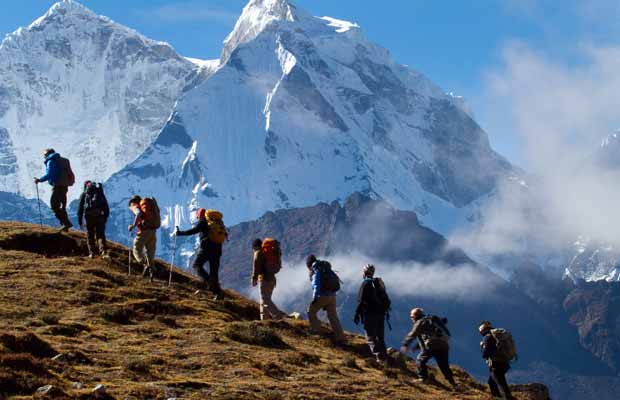
Camping and hiking present unmatched chances to push oneself, connect with nature, and make lifelong memories. But the wild outdoors can be fickle, offering a range of difficulties that necessitate planning and prudence. It's imperative to put safety first to guarantee a satisfying and joyful experience. Emphasizing the significance of preparation and caution, it encourages outdoor enthusiasts to research, invest in quality gear, follow safety protocols, and prioritize physical well-being. Adventurers can mitigate risks, handle emergencies, and fully embrace the beauty of nature while safeguarding their well-being.
This article will include vital safety advice for both hiking and camping, from planning and preparation to on-trail safety measures.
Plan Thoroughly –
Before embarking on any trekking or camping adventure, thorough research is essential. Mainly known for the area's terrain, weather conditions, and any potential hazards. Utilize reliable maps and trail guides to plan your route, taking into account your group's skill level and experience.
Keep a close eye on weather forecasts for the duration of your trip. Unpredictable weather can pose serious risks, so being aware of potential changes allows you to make informed decisions about your itinerary.
Check if permits are required for your chosen trekking or camping location. Adhering to regulations ensures both your safety and the preservation of the environment.
Proper Equipment –
Invest in high-quality gear, including a sturdy backpack, weather-appropriate clothing, a reliable tent, and a sleeping bag suitable for the expected conditions. Well-maintained equipment enhances your comfort and safety.
Carry a map, compass, and GPS device to aid navigation. Familiarize yourself with their usage before the trip, and always have a backup plan in case electronic devices fail.
A well-equipped first aid kit is non-negotiable. This shall include essentials like bandages, antiseptic wipes, pain relievers, and any necessary personal medications.
Safety in Camp –
Choose a campsite away from potential hazards like unstable rocks, cliffs, or dead trees. Ensure it's at a safe distance from water bodies to avoid unexpected rises due to weather changes.
Follow the safety guidelines, mainly in areas prone to wildfires. Keep fires small, controlled, and within designated fire pits. Always fully extinguish fires before leaving the campsite.
Research the nearby wildlife in the area and take appropriate precautions. Store food securely to avoid attracting animals and know how to react in case of encounters.
Health and Fitness –
Prioritize your physical fitness before a trek. Start with manageable trails that align with your fitness level and gradually progress. This helps prevent injuries and ensures you can handle the challenges of more demanding treks.
Stay adequately hydrated and maintain a balanced diet. Dehydration and malnutrition can compromise your energy levels and decision-making abilities.
Be aware of your limits and those of your fellow trekkers. Pushing beyond your capabilities can lead to exhaustion and increase the risk of accidents.
Communication –
Share your Kullu Manali Travel Itinerary with a trusted friend or family member and establish regular check-in times. In case of emergencies, someone should know your whereabouts and be able to alert authorities if necessary.
Carry a charged mobile phone and consider investing in emergency communication devices such as satellite phones or personal locator beacons for remote areas with limited network coverage.
Establish clear communication protocols within your group. Discuss emergency procedures, signals, and contingency plans to ensure everyone is on the same page.
Wrapping up –
While camping and trekking can be incredibly fulfilling activities, safety should always come first. You may reduce hazards and maximize your outdoor experiences by carefully planning, preparing with the appropriate equipment, practicing safety in camp, placing a high value on your health and fitness, and keeping good lines of communication. Never forget that being organized, watchful, and considerate of the environment is essential for a good hike or camping excursion.